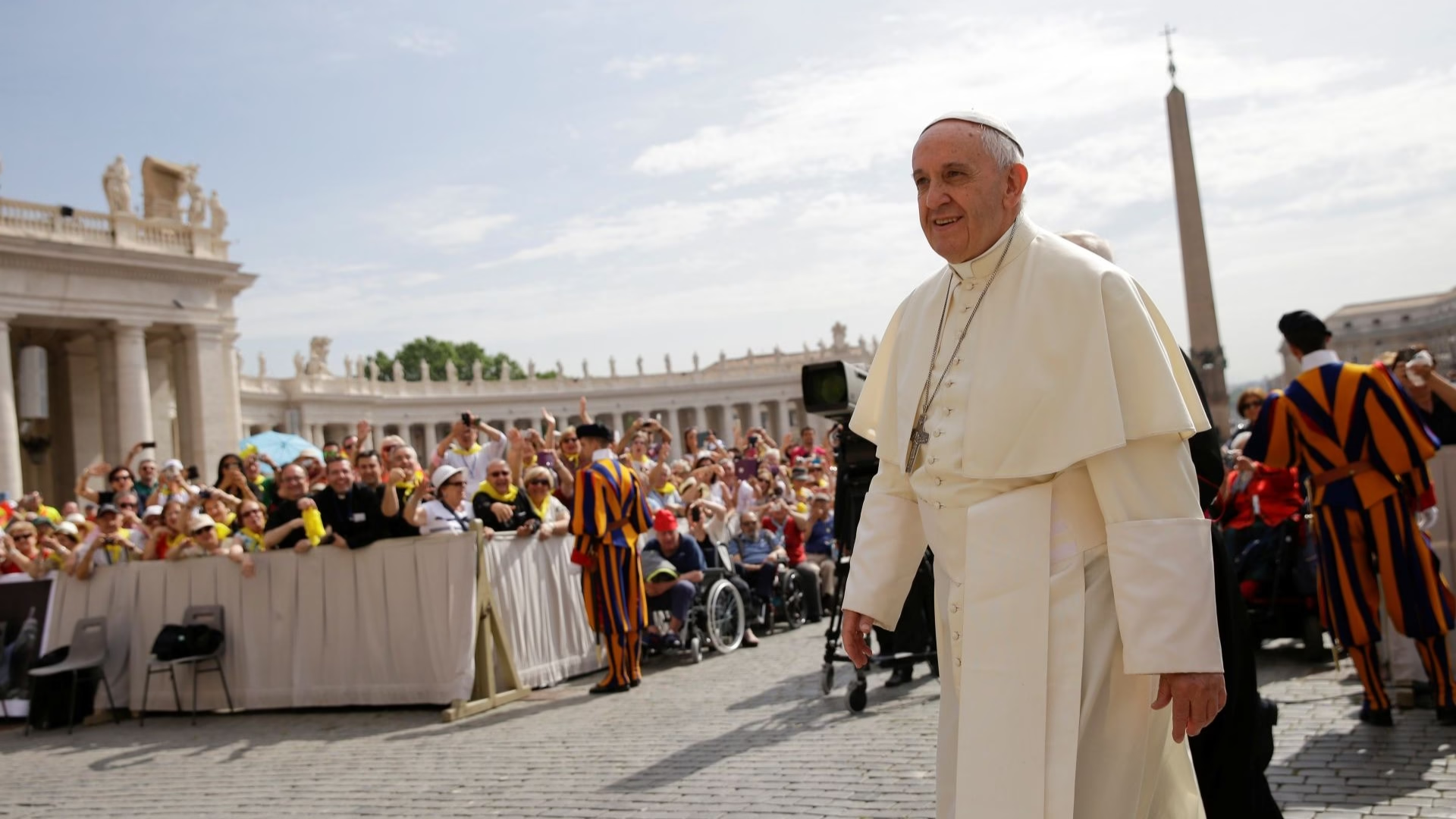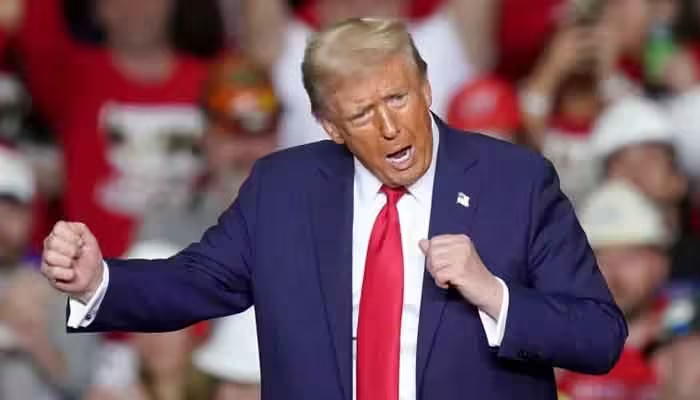Diplomats confirmed on Friday that negotiations on the world’s first legally binding treaty to combat plastic pollution ended without consensus, leaving delegates frustrated after 10 days of discussions in Geneva.
Talks, chaired by Ecuador’s Luis Vayas Valdivieso, were adjourned without setting a date for resumption. The final text presented overnight failed to satisfy countries seeking ambitious curbs, prompting weak applause from weary delegates.
French ecology minister Agnes Pannier-Runacher voiced anger, saying she was “enraged because despite genuine efforts and progress, no tangible results have been obtained.” Colombia’s delegate Haendel Rodriguez accused a “small number of states” of blocking an agreement, in a pointed reference to oil-producing nations.
At the heart of the deadlock was disagreement over capping virgin plastic production, a demand strongly supported by the EU and small island states but opposed by petrochemical producers and the U.S. under President Donald Trump. U.S. delegate John Thompson declined to comment after the session.
South Africa’s delegate warned that “the current process will not work,” while others, including Britain and U.N. officials, urged for talks to continue. Over 1,000 delegates had gathered for this sixth round of negotiations, following a failed attempt in South Korea last year.
Despite going into overtime, negotiators could not bridge divides on key issues such as production limits, management of plastic chemicals, and financing for developing countries.
EU negotiator and Danish environment minister Magnus Heunicke said it was “tragic and deeply disappointing” to see some states blocking progress, but vowed to continue efforts to secure a meaningful treaty.
UNEP Executive Director Inger Andersen echoed this determination, stressing, “We did not get where we want but people want a deal.”
Environmental groups shared disappointment but welcomed the rejection of a watered-down agreement. Ana Rocha of GAIA said, “No treaty is better than a bad treaty.”



